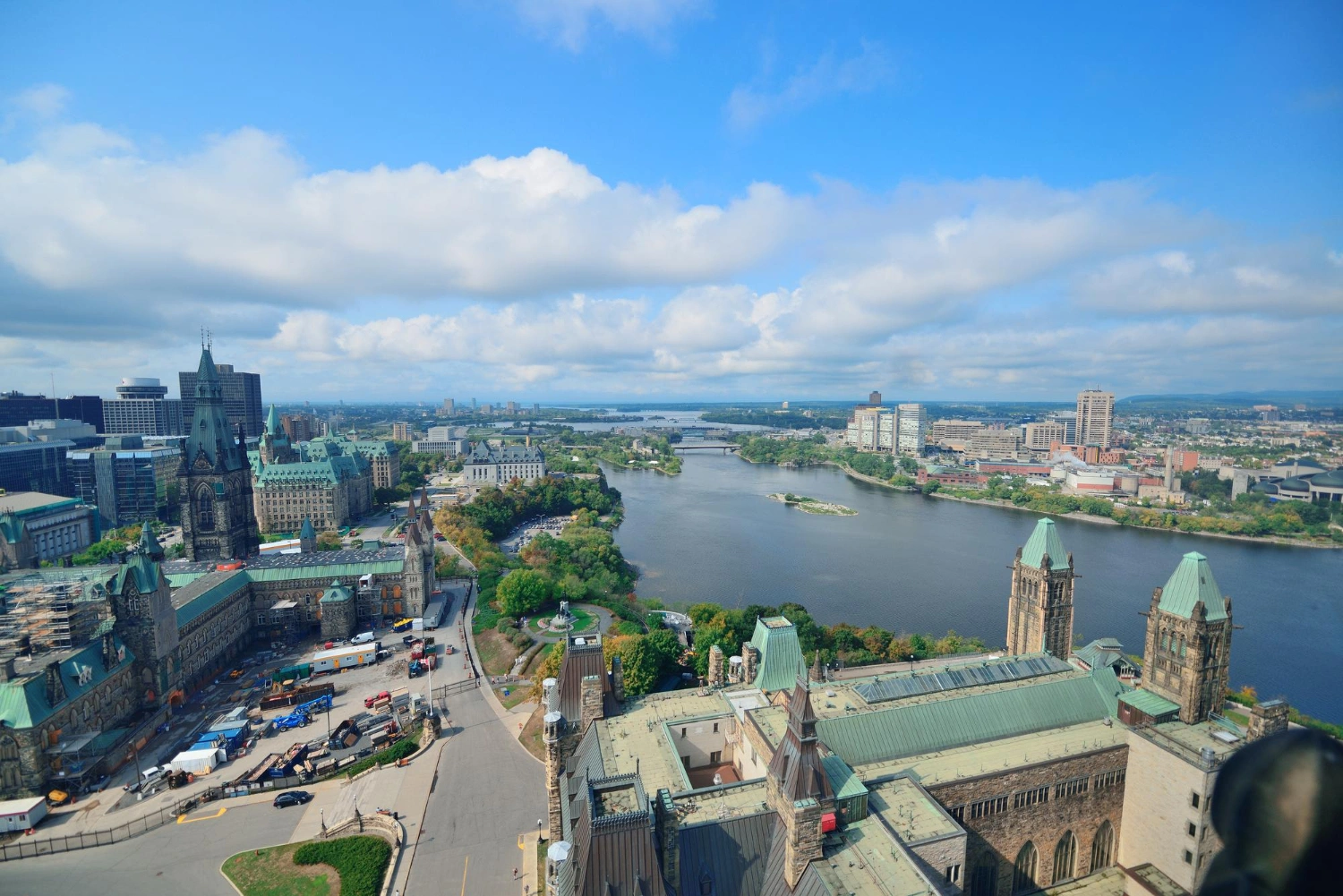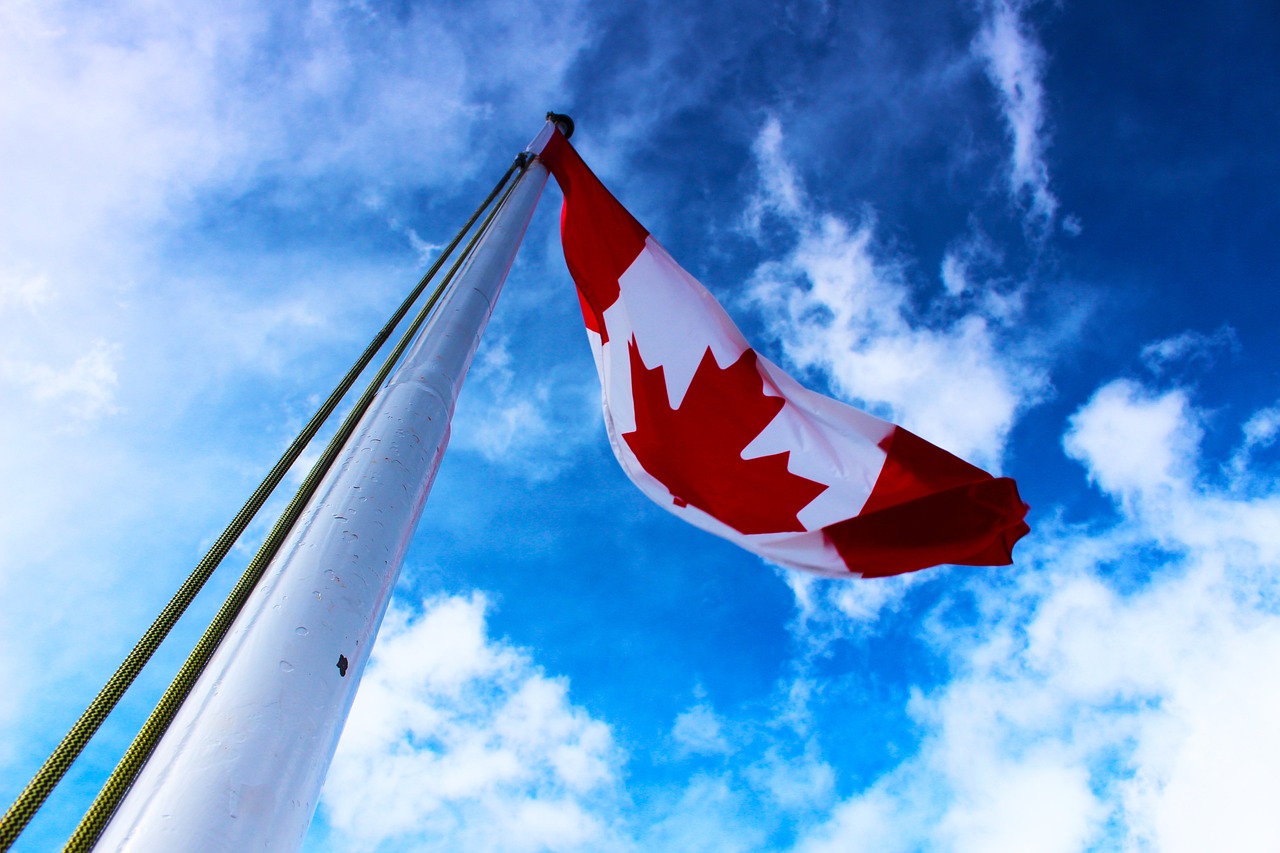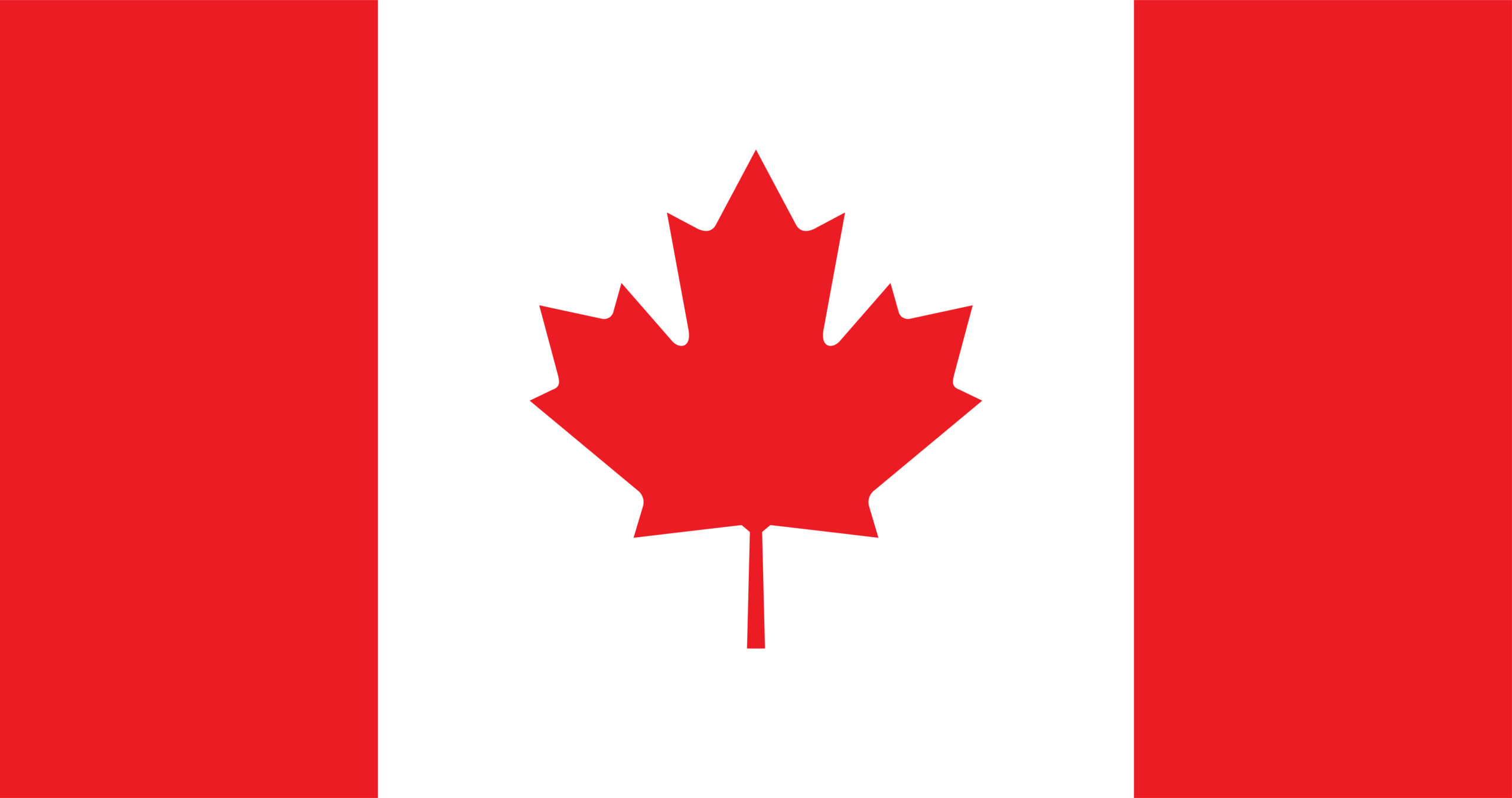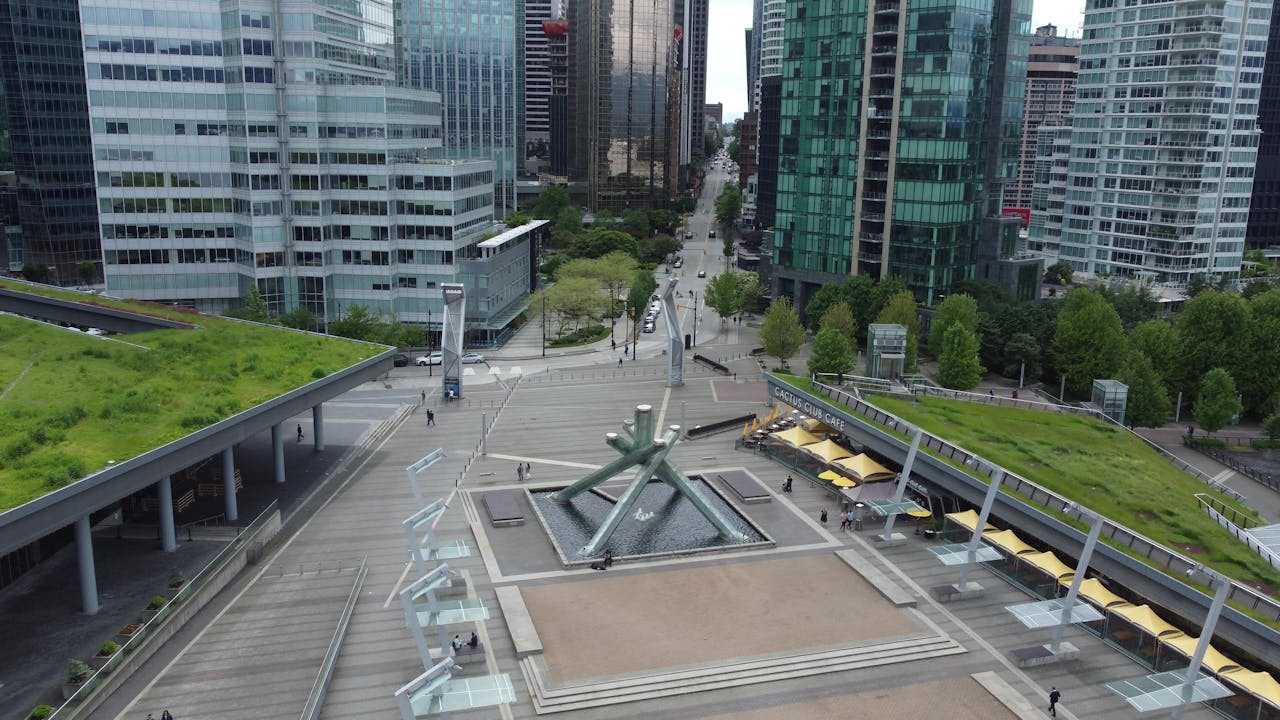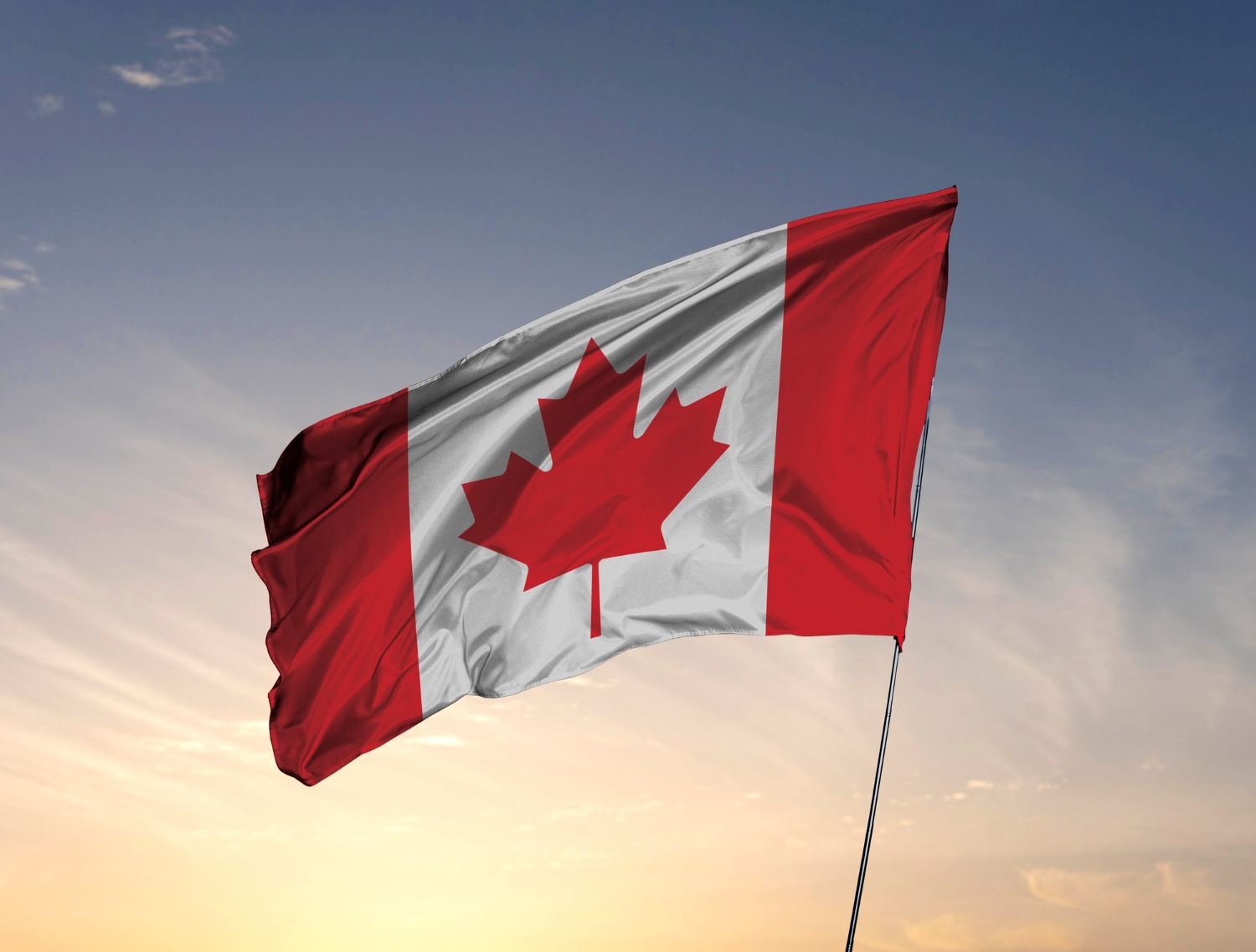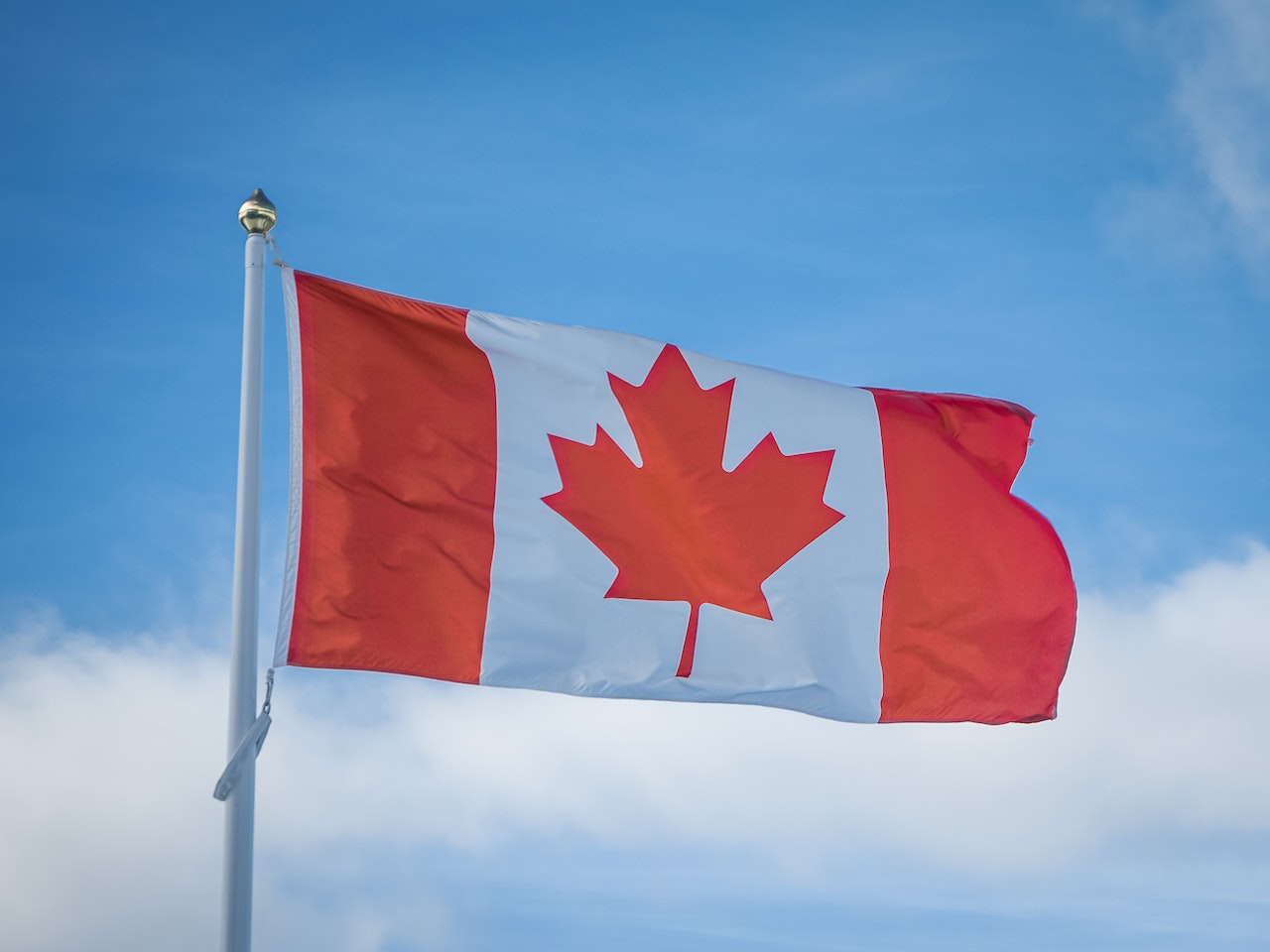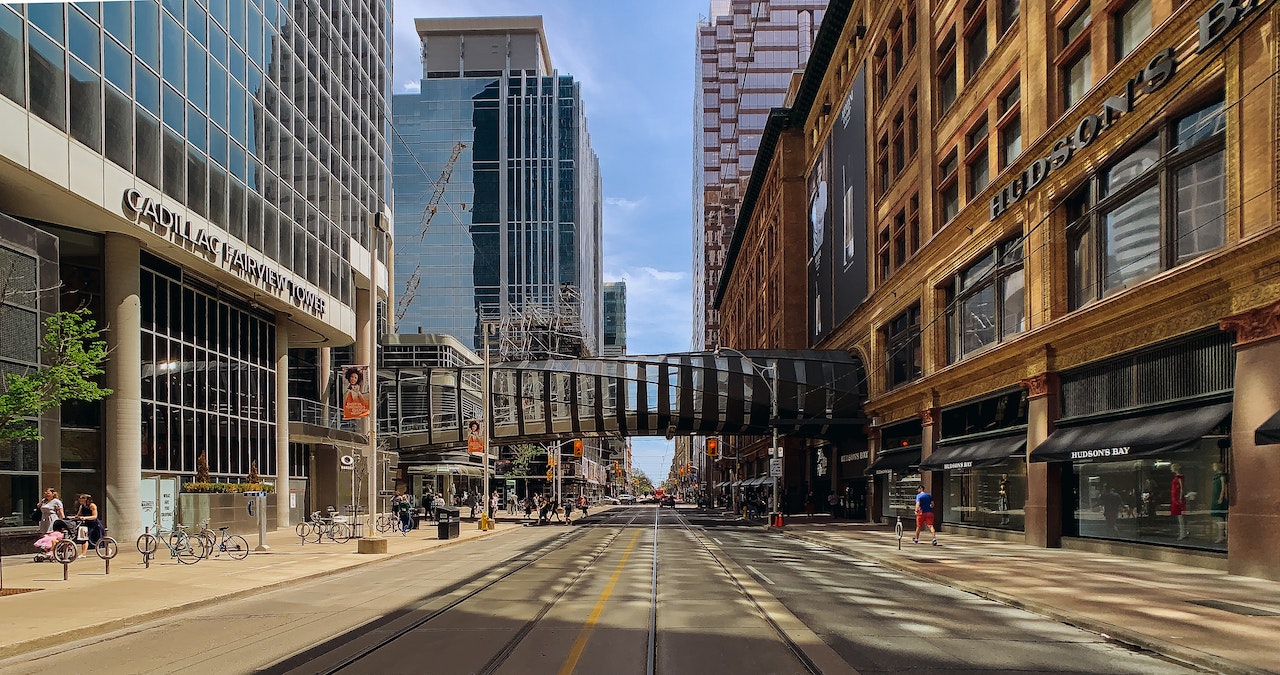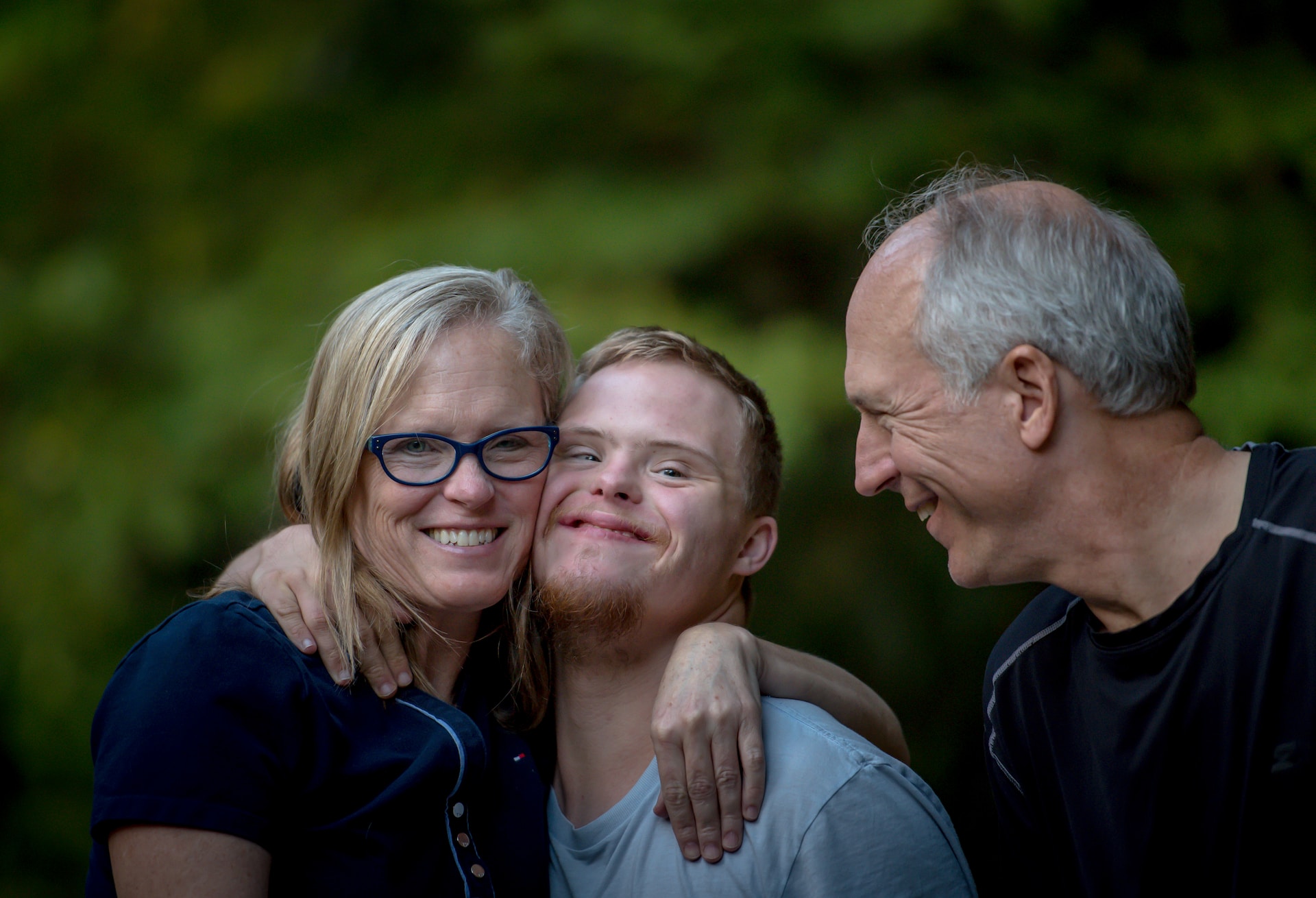
The delay of immigration to Canada has decreased to slightly over 2.2 million, according to recent information from Immigration, Refugees and Citizenship Canada (IRCC).
The IRCC published this data, which is valid as of December 2.
Since July 2021, the inventory across all business lines has developed as follows:
- 2,411,388 people as of November 3, 2022
- 30, September 2022: 2,600,000 people (figure rounded by IRCC)
- 2,583,827 people as of August 31, 2022
- 2,679,031 individuals from July 15–17, 2022
- 2,387,884 people from June 1 to 6, 2022
- April 30-May 2, 2022: 2,130,385 individuals
- 2022 April 11–12: 2,031,589 people
- 2022 March 15–17: 1,844,424 people
- 1 February 2022: 1,815,628 individuals
- 1 813 144 people as of December 15, 2021
- 1,792,404 people as of October 27, 2021
- 6th of July, 2021: 1,447,474 people
Facts:
As of November 30, there were 314 630 citizenship applicants, down from 331,401 on October 31.
As of December 2, there were 512,342 permanent residents in the database, up from 506,421 on November 3.
Also on December 2, there were 1,416, 125 people living in temporary housing, down from 1,537,566 on November 3.
As a result, there were decreases in two of the three key categories, with the inventory of temporary housing experiencing the largest decrease.
| Immigration Category | Persons as of December 2, 2022 |
| Permanent Residence | 512,342 |
| Temporary Residence | 1,416,125 |
| Citizenship | 314,630 |
| Grand total | 2,243,097 |
PNP and Express Entry
As of December 2, there are 43,326 Express Entry program applications in the line, up more than 3,500 from the 39,589 applications that were there as of November 3.
Amongst some of the total new applicants for Express Entry programs, there has been a rise of over 5,000 applications for the Canadian Experience Class during the past month.
In July of this year, IRCC started holding rounds of invites for Express Entry applicants from all programs. Due to IRCC’s struggles to achieve its quality service of 6 months or less for Express Entry applications, draws were only permitted for participants in the Provincial Nominee Program (PNP) between September 21, 2021, and July 6, 2022.
The ministry has returned to its six-month service requirement for applicants who have gotten a permanent residence invitation since July 6, thanks to the halt in Express Entry invitations to Federal Skilled Worker Program and Canadian Experience Class candidates.
There are now 62,343 applications in the PNP’s database.
List of family classes
In comparison to November 3, when it was 128,112, the inventory for all family-class immigration programs has decreased somewhat to 127,091.
At 62,106, a little rise from November 3, the Spouses and Partners sponsorship program has one of the highest inventories of any business category.
53,770 people are currently listed in the Parents and Grandparents Program (PGP), compared to 55,653 people who were waiting for decisions in November.
Service requirements
According to the IRCC website that keeps track of all applications, 1.2 million applications were backlogged as of October 31.
Since there were 1.5 million applications pending as of September 30, the IRCC successfully processed over 350,000 of those applications. This occurs as the number of applications for permanent residency has increased.
Applications that are backlogged have not been handled according to service standards. These requirements specify the anticipated time frame, or target, for application processing.
The time required considerably for the IRCC to process applications is varied from the quality standard. Backlog applications are those that are not completed according to the service level for their program.
In order to meet service standards, IRCC strives to handle 80% of applications from all business lines. Depending on the kind of application, a different service standard applies. For instance, the usual processing time for an Express Entry permanent residency application is six months. For other economic class lines of business, it is lengthier. According to IRCC, the minimum service requirement for spousal and kid family class sponsorship is twelve months.
Based on the type of application and whether it was filed from within Canada or abroad, temporary residency applications have service levels that vary from 60 to 120 days.
Dealing with the backlog
According to the department, they made 4.3 million final decisions for citizenship, temporary residents, and permanent residents between January and October 2022 as opposed to 2.3 million final choices during the same time last year.
By the end of March 2023, IRCC hopes to have a backlog throughout all business units of less than 50%. With concessions made for people who are unable to apply online, the department started the move towards 100% digital applications for the majority of permanent resident programs on September 23 to assist achieve this goal.
All applicants above the age of 18 can now submit their citizenship applications entirely online as part of this change. By the end of this year, the IRCC hopes to have all citizenship applications, including those for minors under 18, available online.

























